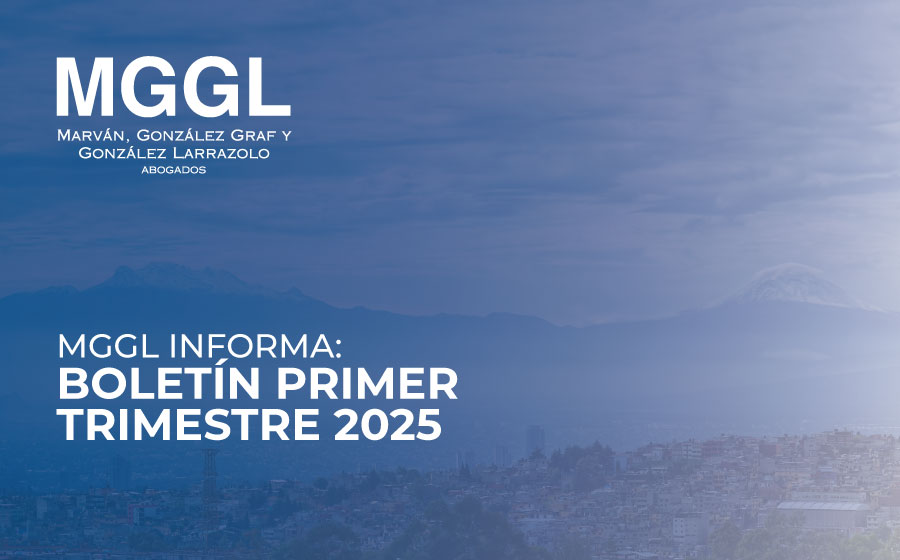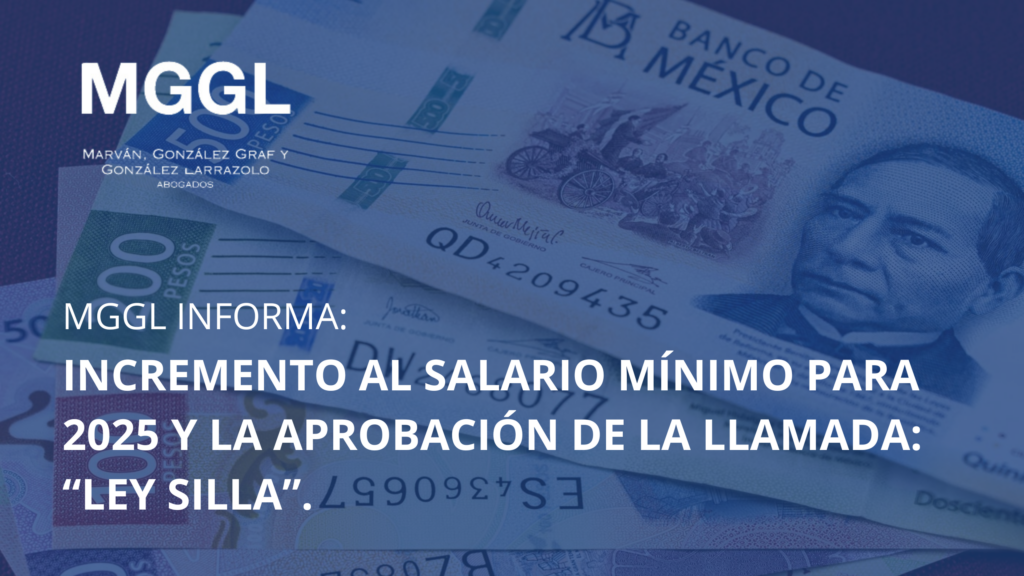Hiring third parties to engage individuals is a common practice in Mexico. Since President Andrés Manuel López Obrador took over office in December 2018 it was expected a labor reform limiting the alternatives to outsource personnel. From October 2019 on, Congress has received 9 initiatives to reformsubcontracting.”.
Subcontracting is nowadays enforceable pursuant to the Federal Labor Law. It implies the ability of the contractor to engage another employer which in turn assigns its employees to render services for the contractor, who has the ability to control and direct the services provided.
This alternative is controversial, as it may deprive employees from receiving profit share amounts and similar benefits to those benefits received by employees directly hired. The current government has continuously challenged this contractual alternative. The President presented an initiative to reform subcontracting, or more precisely, to eliminate the alternative to subcontract, leaving with very small room the companies to outsource services. It is basically forcing the companies to hire directly all the employees involved in their core business.
We believe this is a critical initiative, which may harm substantially the economics of the country. While the President holds reasonable control of the Chamber of Representatives, he has not the same level of influence at the Senate. We expect to see in the near future (weeks) substantial discussions with respect this and the other initiatives. For the most important features of the initiative, please read our previous bulletin..
The day after the Initiative was filed, the President announced that the proposed amendment would be subject of analysis and negotiation with the economic actors –namely representatives of the workers–, and entrepreneurial chambers and associations. After several days of discussions, including the formal invitation of the National Commission for the Profit Share Distribution to review the terms of the current distribution formulae of the profits accrued by the companies and paid to the employees, the Government announced this morning that the discussions of the potential reform of the laws involved in the Initiative would be carried out next February, when the ordinary legislative term resumes.
Basically, the rationale behind the delay is described in the agreement signed by the Government (including the President), as well as representatives of the workers and the companies. The document defines four basic principles:
- The parties are committed to eliminate the abuses in connection to outsourcing.
- The profit share system requires a review and eventually a modification.
- The proposed Initiative implies major changes and challenges and therefore the parties thereof respectfully request the Legislative Branch to postpone its review.
- The parties jointly request those companies incurring in malpractice to cease and formalize their employment contracts.
This delay implies that the initiative originally filed, and which expressly prohibited subcontracting, will likely change as a result of the discussions. It is also possible that a new determination of the formulae to share profits in a fiscal year arises.
In the meantime, under the current legal system, subcontracting is enforceable. We suggest also exploring the possibility of executing business to business contracts, in which the subcontractor renders services with its own means, without control of the contractor, under certain business standards as agreed upon.




